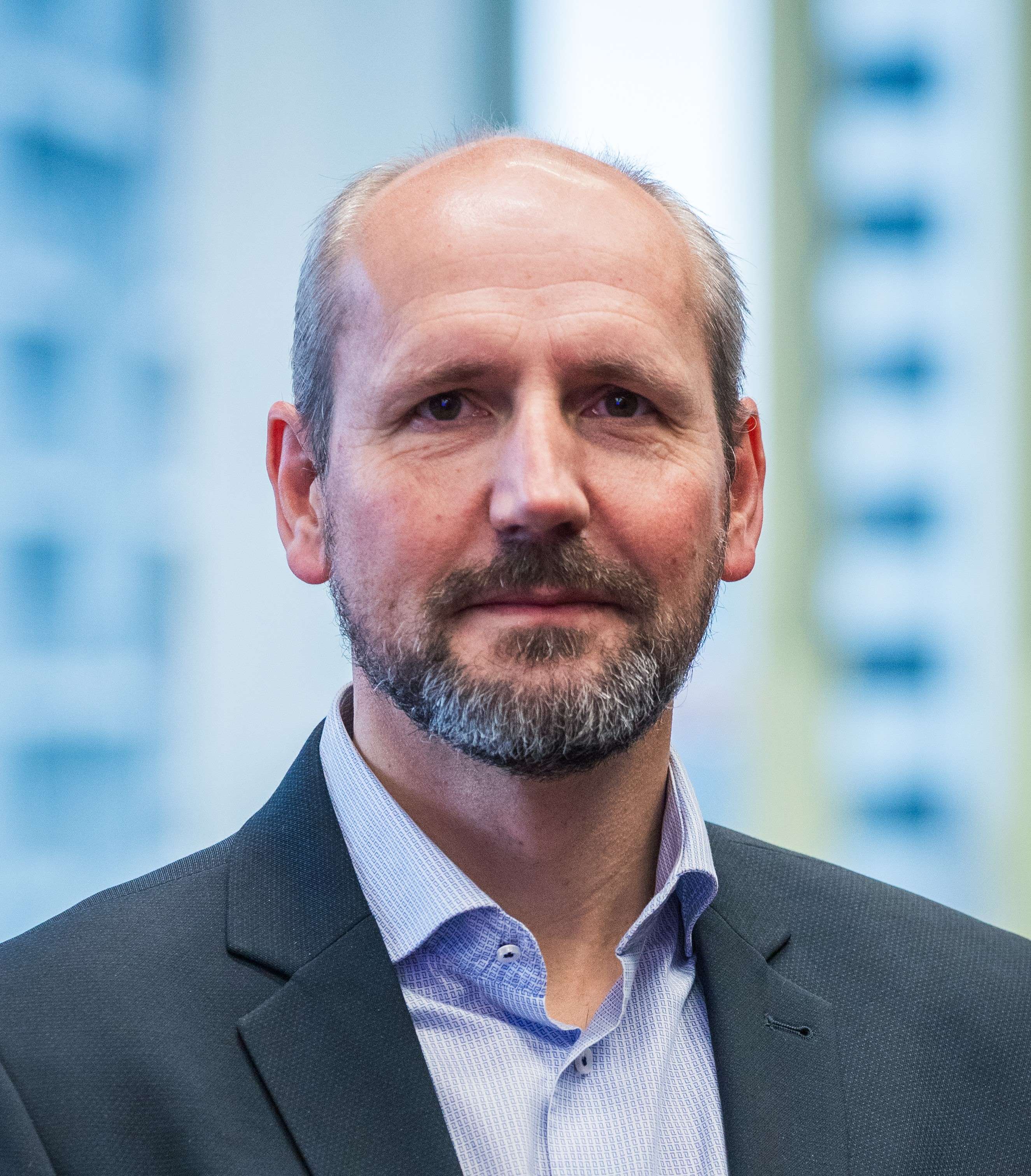 \
&
Contact us
\
&
Contact us
 \
&
Contact us
\
&
Contact us
Published on | 1 year ago
Last updated on | 1 year ago

mark.antonissen@vlaio.be
Step 1: At submission the Ethics issues Table needs to be filled out. If there is one (1) YES in the table, an ethics self-assessment has to be carried out. Applicants need to describe the ethical dimension of their proposal and how they will comply with ethics principles. Self-assessment will become part of the Grant Agreement and may thus define obligations subject to control.
Guidance on self-assessment for HORIZON EUROPE, DIGITAL EUROPE and EUROPEAN DEFENCE FUND.
Step 2a: The Commission may decide to perform a pre-screening. Pre-screening is a filtering step of all proposals based on the simplified ethics issue evaluation table, there are only 2 possible outcomes:
Step 2b: during the Ethics screening the key goal of (at least two) ethics evaluators is to identify proposals that raise serious or complex ethics issues. There are again only 2 possible outcomes:
Step 3 : The evaluators answer the question if the issues are Serious and/or Complex. There are 3 possible outcomes :
Step 4 : the results of screening and/or assessment will be implemented in the Grant Agreement in the form of requirements or deliverables and during the execution of the project there can be possible checks or reviews.
During preparation of the proposal seek advice from colleagues with ethics expertise, such as:
For projects with a significant ethics dimension, consider involving/appointing an ethics advisor/advisory board and include the work in the budget. From the beginning of your project, an ethics advisor can help you deal with ethical issues and put in place the procedures to handle them appropriately. If your activities include several ethical concerns or involves several significant or complex ethical issues (such as the processing of special categories of personal data (formerly known as ‘sensitive data’), AI applications involving human-machine cooperation, participation of children from developing countries, non-human primates (NHPs), potential misuse or vulnerable populations), appoint an ethics advisor or an ethics advisory board (more details later in the text) comprising several experts from different backgrounds. The granting authority may also make this an ethics requirement during the selection procedure. For more information, see also Guidelines-on-serious-and-complex-cases.
An Ethics Check is an internal check by the project officer or ethics officer who may be supported by ethics experts.
An Ethics Review is a more elaborate and in-depth procedure carried out by up to 5 external ethics experts (formerly known as Ethics Check in H2020)
The choice between Ethics Check and Ethics Review should reflect the size of the grant and the seriousness/complexity of the ethics issues.
External to the project and to the department(s) or group(s) conducting the research
Absence of professional, financial, family or other relationships or common interests that would result in a conflict of interest.
Disqualifying factors:
Roles and Function in EU-funded Projects
Ethics-Advisors-and-Ethics-Advisory-Boards
Possibly the appointment of an Ethics Mentor is recommended (for cleared proposals) or required (for conditionally cleared proposals). Mentors should be:
Horizon Europe: key changes to the Ethics Appraisal Process (youtube.com)
Ethics-Advisors-and-Ethics-Advisory-Boards
Guidelines-on-serious-and-complex-cases
We offer news and event updates, covering all domains and topics of Horizon Europe, Digital Europe & EDF (and occasionally, for ongoing projects, Horizon 2020).
Stay informed about what matters to you.
By signing up, you can opt in for e-mail notifications and get access to
a personalised dashboard that groups all news updates and event announcements in your domain(s).
Only for stakeholders located in Flanders
The EITHOS project, funded under Horizon Europe Cluster 3 call “Online identity theft is countered”, aims to develop a “European Identity Theft Observatory System” (EITHOS). The system will provide easy access to information and intelligence about previous and current identity theft related trends to empower EU citizens, Law Enforcements Agencies (LEAs), and policy makers to further contribute to the prevention, detection, and investigation of crimes related to online identity theft. The Cyber and Data Security Lab (CDSL), part of the Law, Science, Technology and Society (LSTS) Research Group at Vrije Universiteit Brussel (VUB), is one of the 12 partners in the EITHOS consortium, contributing its vast expertise on legal aspects of data protection, cybersecurity and information security law and policy.